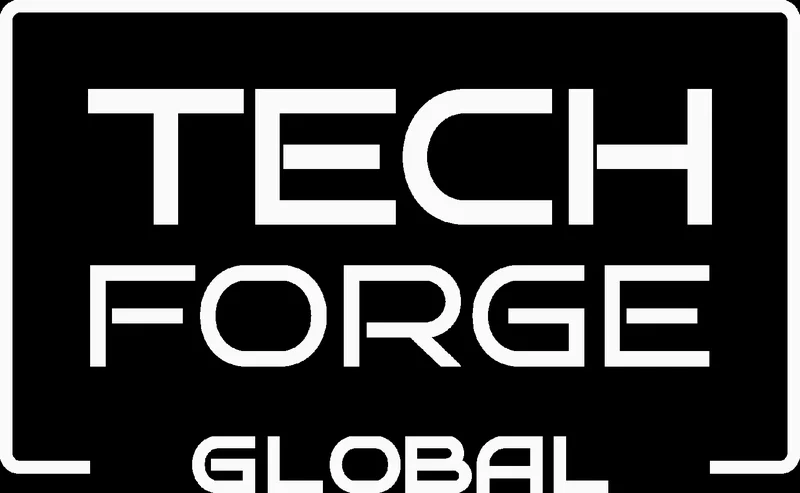Generated Title: Schwab's $660M Forge Deal: A Risky Bet on Illiquidity?
Charles Schwab's move to acquire Forge Global for $660 million raises some eyebrows, even in a market saturated with bold acquisitions. The stated rationale – democratizing access to private markets – sounds good in a press release, but the underlying numbers suggest a more complex, and potentially riskier, play.
The Allure of Private Markets
The core argument hinges on the projected growth of private wealth allocated to alternative asset classes. Schwab optimistically forecasts this will jump from $4 trillion to $13 trillion by 2032. That's a big leap. But let’s break that down. What portion of that growth is actually accessible to retail investors versus institutional giants? And what are the real barriers to entry, even with platforms like Forge supposedly lowering them? Are we talking about a flood of new retail investors, or simply the same wealthy individuals shifting assets around?
Forge Global, for its part, facilitates trading in private company shares – over $17 billion worth to date. That sounds impressive, until you compare it to the trillions sloshing around in public equities. The acquisition price represents a roughly 72% premium over Forge’s last closing price. Was that premium justified by Forge's fundamentals, or was Schwab simply pressured by Morgan Stanley's parallel acquisition of EquityZen? (A classic case of "keeping up with the Joneses," perhaps?)
Liquidity: The Elephant in the Room
The biggest question mark revolves around liquidity. Private markets, by their very nature, are illiquid. That's not a bug; it's a feature. But it's a feature that carries significant risk, especially when you start talking about opening it up to a wider retail audience. Schwab's CEO, Rick Wurster, claims the acquisition will "deepen liquidity" and "improve transparency." How, exactly?

This is where the narrative starts to feel a bit…stretched. You can't magically create liquidity out of thin air. Forge is preparing to launch interval funds, which are meant to offer more frequent (but still limited) redemption opportunities. But interval funds have their own set of problems, including valuation challenges and the potential for redemption queues when things get rocky. And this is the part of the report that I find genuinely puzzling: how can Schwab guarantee liquidity without taking a loss?
Let's consider a hypothetical scenario: a sudden market downturn spooks retail investors, and they all rush to sell their private shares through Forge. Who's going to be on the other side of that trade? Schwab? Are they prepared to become the buyer of last resort for potentially distressed assets? And at what price? (I suspect the answer involves some very unhappy retail clients.)
The official line is that Schwab is "uniquely positioned" to handle this. But what does that actually mean in concrete terms? Do they have a proprietary algorithm that can accurately price illiquid assets? Are they planning to create a massive internal market-making operation? Details on their strategy remain scarce, but the potential downsides are clear.
Even Forge's CEO, Kelly Rodriques, acknowledges that the deal will give private companies "more options for liquidity." More options, yes, but not necessarily guaranteed liquidity at a fair price. According to Charles Schwab to buy private shares platform Forge Global in $660 million deal, the acquisition is expected to close in the first half of 2026, pending regulatory approvals.
What's the Catch, Really?
Schwab's acquisition of Forge Global looks less like a visionary move to democratize finance and more like a calculated gamble on the continued exuberance of the private markets. If the market keeps booming, it’s a genius move. But if (or when) the tide turns, Schwab could be left holding a very illiquid bag.
